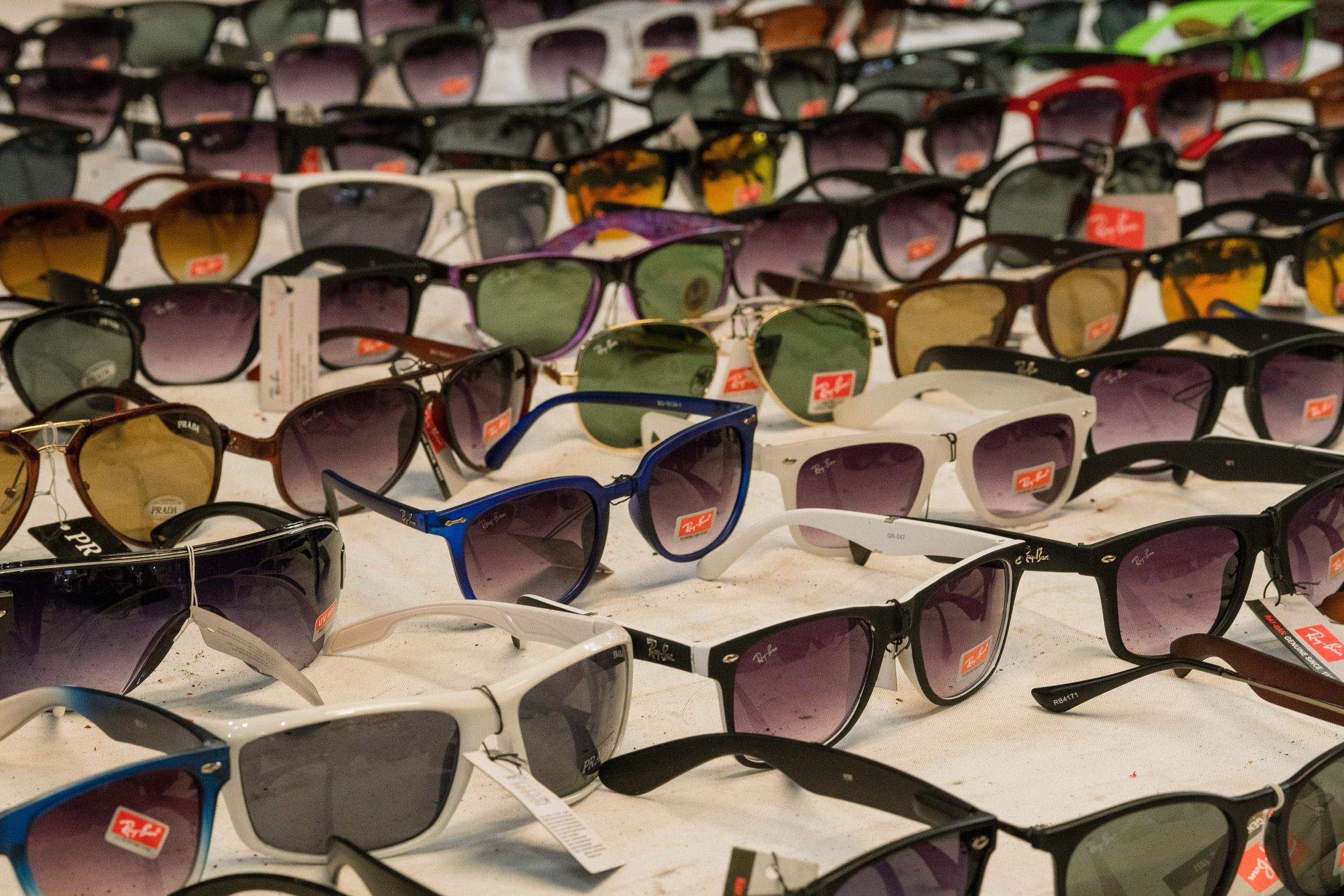Suppose you are walking down the sidewalk and you decide to step into a store that claims to sell glasses for all occasions. You are intrigued and you walk in.
Immediately, somebody at the back of the store tells you that you look jaundiced. They are looking at your with disgust and telling you that must have a problem with your liver. They begin accusing you of drinking too much, of being very unhealthy. You are aghast until you realize it’s not you, it’s the glasses they have on – they are wearing yellow-tinted glasses. Everybody looks jaundiced to them. It isn’t you after all.
When you turn to your left, the person down the aisle from you exclaims that you look like you are very cold – they tell you that you are such a pale shade of blue that you must have anemia or another blood disorder. They are encouraging you to see a doctor. And again, you realize that it isn’t you, but the glasses that person is wearing.
On your right, somebody shrieks and backs away from you – “Don’t vomit on me! You look green!” Did you eat something bad, are you contagious? Stay away from me! But, you guessed it, they had on a pair of green glasses.
Then from behind you, somebody runs right into you, exclaiming, “Why are you so camouflaged? You should try and make yourself known so you don’t wreak havoc everywhere you go.” They are pissed. Thy are wearing dark, almost black, glasses.
Each of the people in the store sees you in a completely different way, and yet it has nothing at all to do with your actual state, who you actually are. Each person is seeing you through a lens they have chosen to wear. Each person is seeing a distorted, biased version of you that reflects a view of the world that is unique to them in that moment. If you took each person’s feedback and reacted violently to it, if you believed that you were jaundiced, cold, sick or camouflaged, would this make any sense? Of course not. Yet each person really, truly believes that you are one of those things.
Now, with these people in this fantasy store, it might be easy to bring their awareness to the fact that they are wearing tinted glasses, and have them take off the glasses to see a less distorted view of you, it is not so easy to take off our glasses in real life. In real life, the glasses have been on for years, and we don’t even know we are wearing them. In real life, even suggesting that someone is wearing the distorted glasses that cause you to look distorted to them might be an insult. In real life, sometimes you have to keep your mouth shut and just walk right by. You might not be able to convince them of their distorted view, nor should you, but YOU DON’T HAVE TO BELIEVE THE DISTORTION YOURSELF. And, furthermore, you can take off the “glasses” that you are wearing when looking at other people. Start to recognize how you might be seeing through an unclear lens.
Writing Prompt: Choose one person that you don’t particularly like. How might you be seeing that person through a cloudy or colored lens?
Exercise: Write down three qualities about yourself that you know to be true.
Write down three qualities about the person you identified – stick only to facts (i.e., hair color, height, etc.) rather than judgments.
Now write down three judgments you have made about that person and how the judgments might be distortions or assumptions.




![This [Shouldn’t Have] Happened](https://cairnscollective.com/wp-content/uploads/2024/03/This-Happened.jpg)